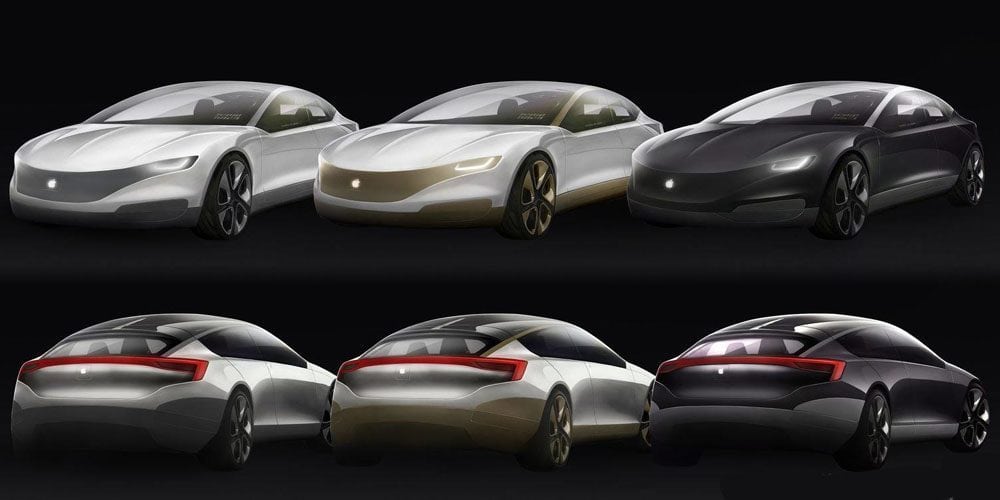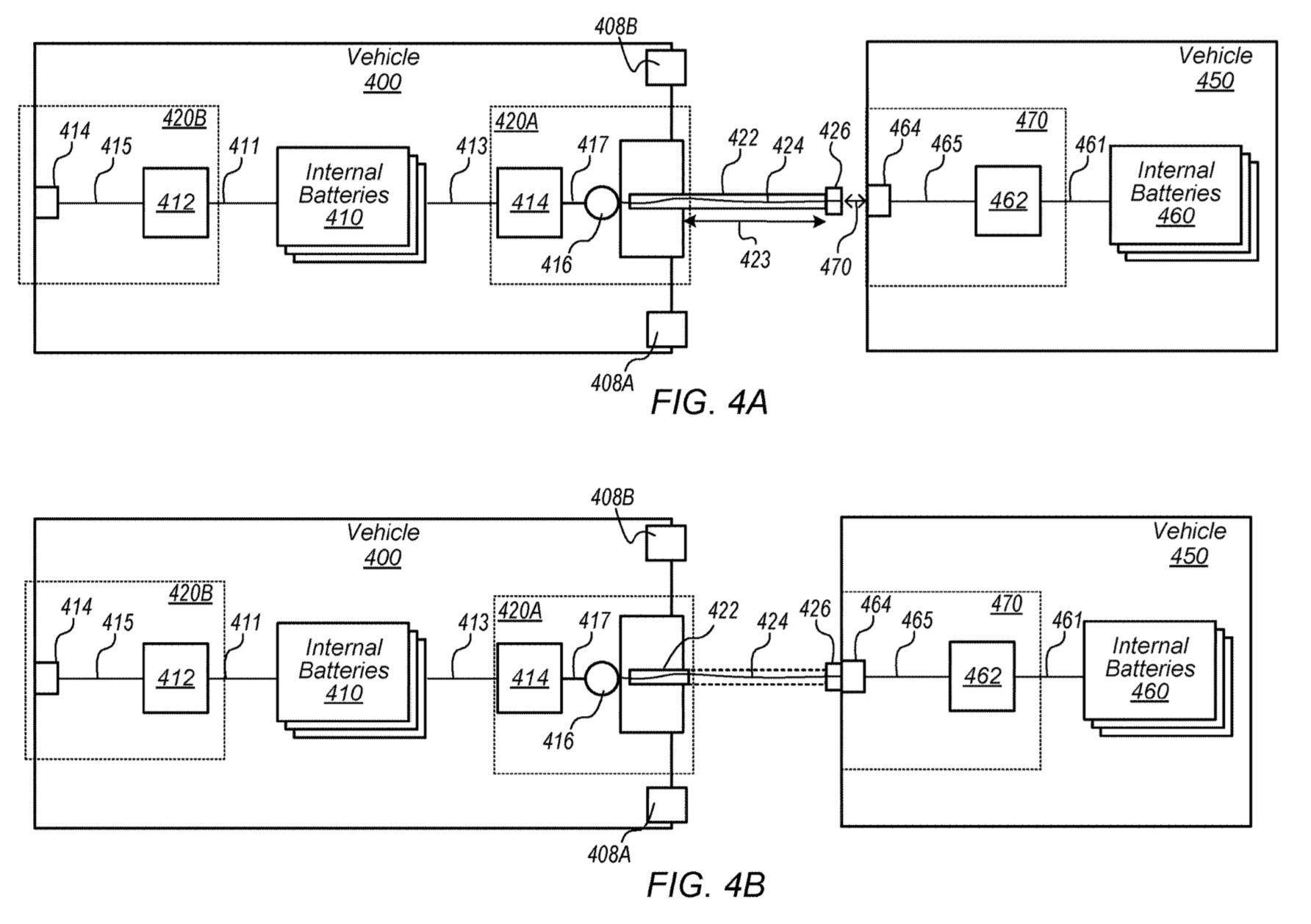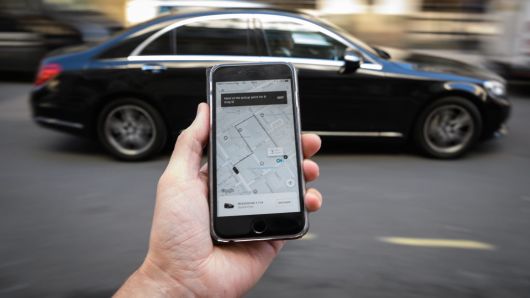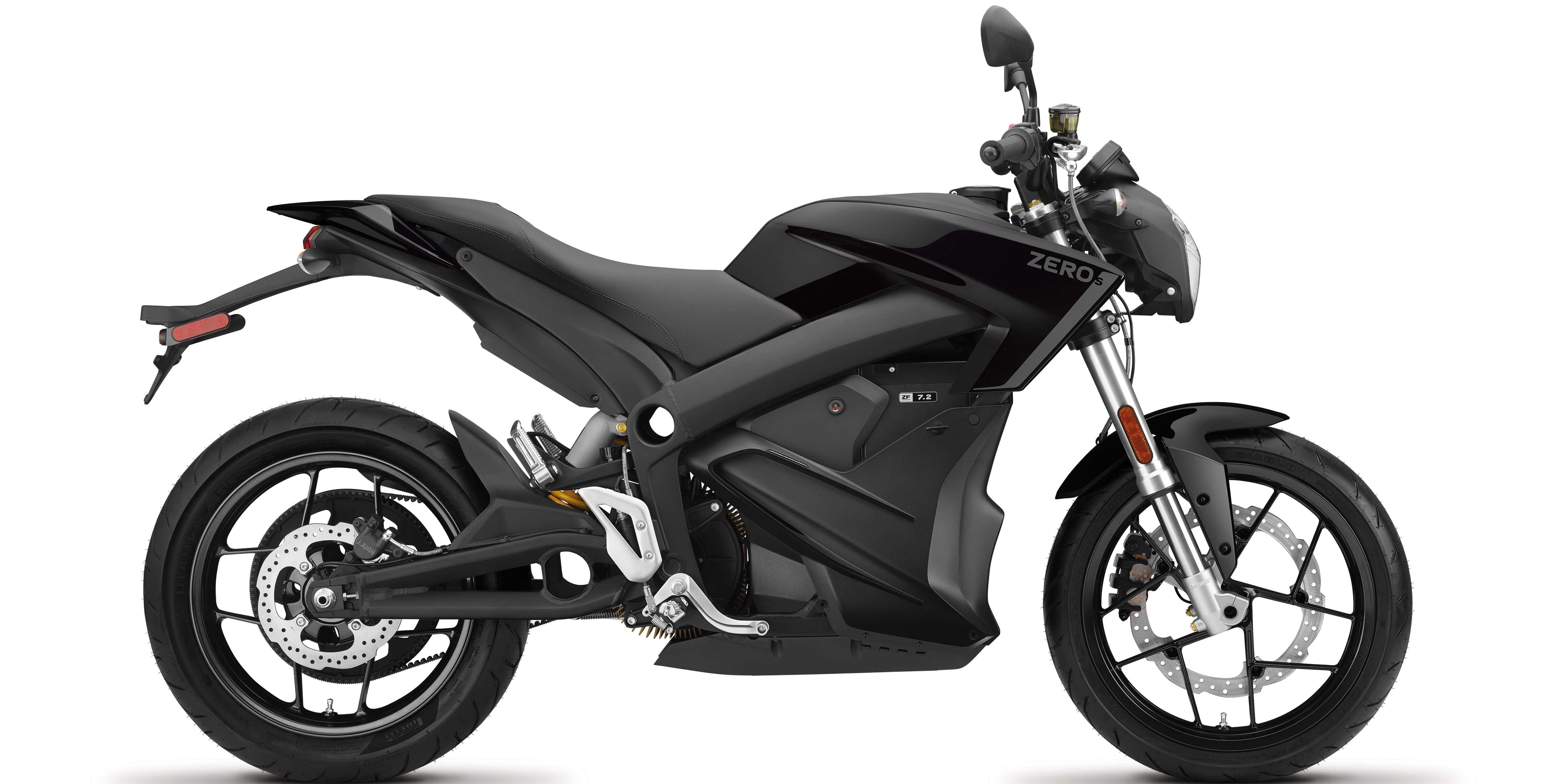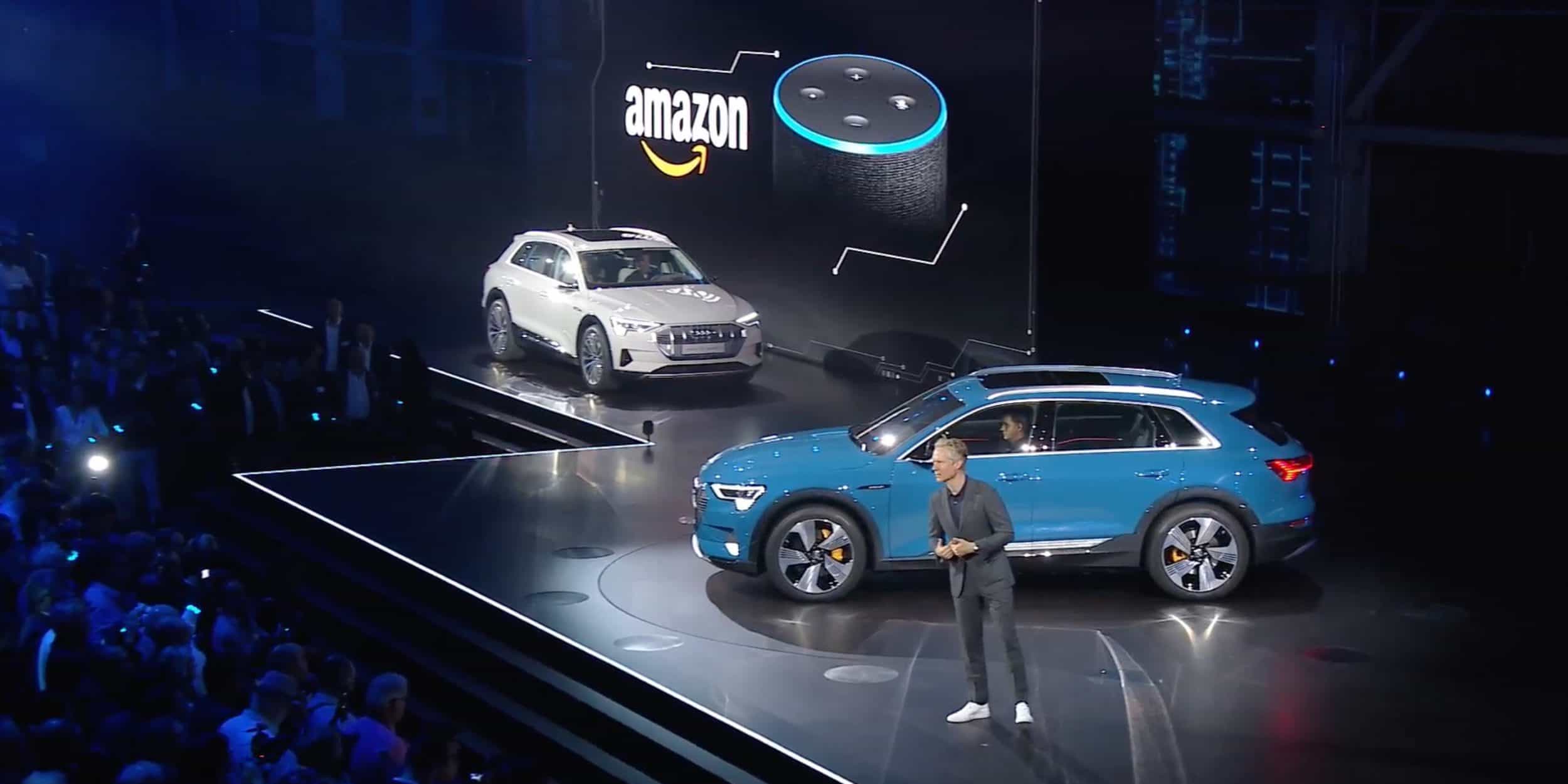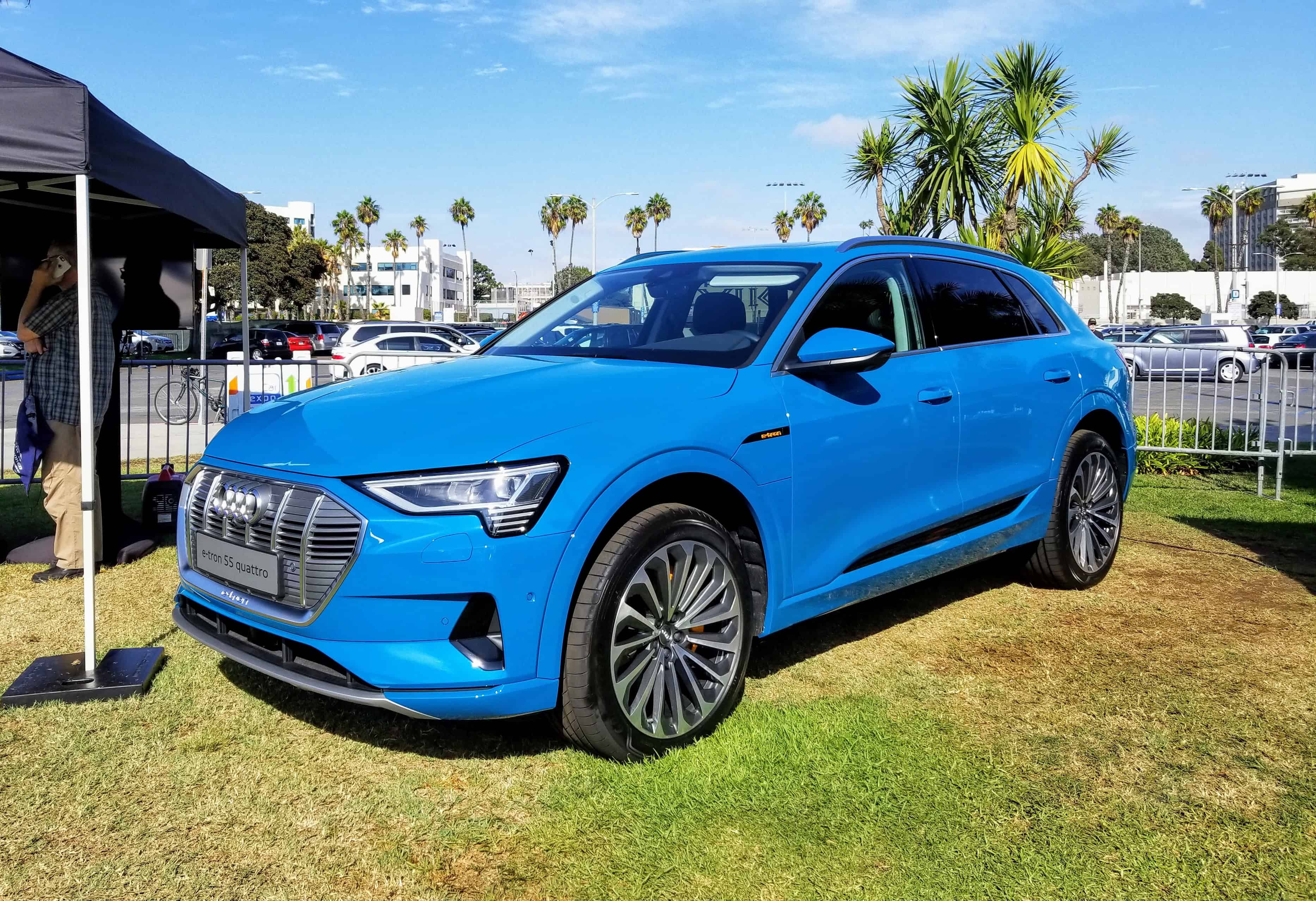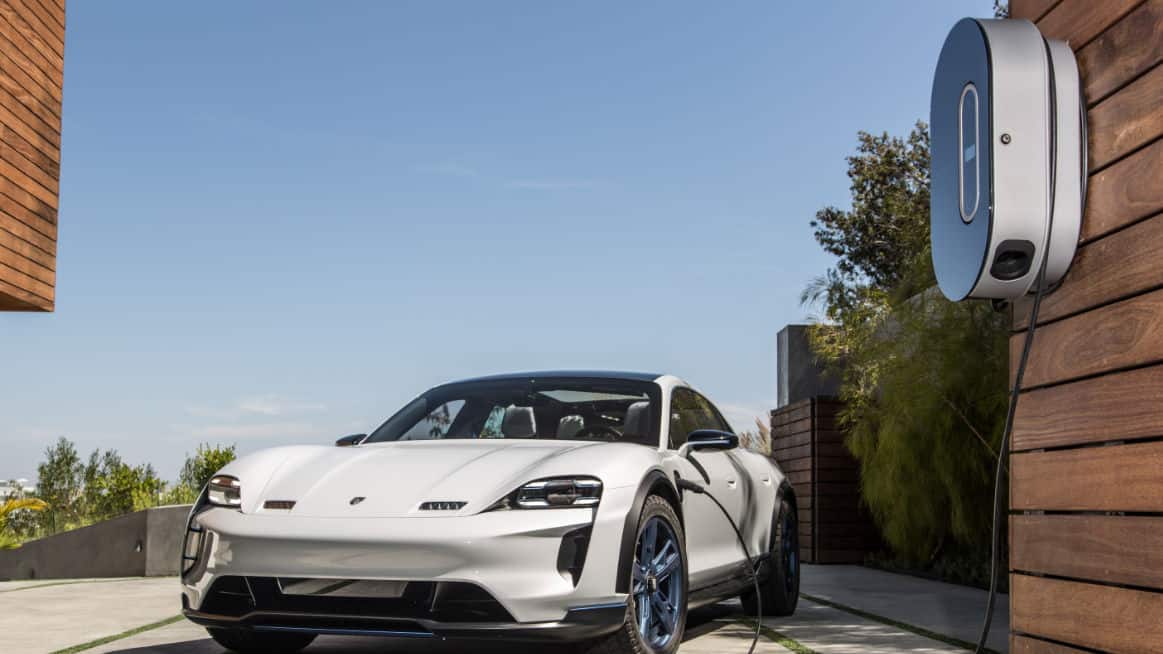
It can get difficult sifting through the future of electric vehicles (EV) just from reading carmakers’ press releases. Some use 80% of their press releases to talk about the future in flowery terms, leaving little to write about current vehicles and real-world specs. Some are more proactive. But finally, after a decade of electric Porsche teases, Porsche is putting its money where its mouth is with the official announcement of its first EV, the electric Taycan (formerly called the Mission E, which some on the CleanTechnica team prefer).
Is Porsche Finally Serious About EVs With The Electric Taycan?
Before we answer that question, note that Lutz Meschke, Deputy Chairman of the Executive Board and Member of the Board responsible for Finance and IT at Porsche, said: “We predict that over 50 percent of Porsche models delivered from 2025 will be electrified.”
We’ve become accustomed to carmakers giving us the percentage of electrified cars they will have in the distant future. It’s always “news is good,” but such claims are a dime a dozen. Most carmakers talk about some form of electrification by 2020, 2025, 2030. Most carmakers talk about one or two pure EVs and then throw in plug-in hybrids (PHEVs) and hybrids as part of that percentage. The percentage of pure EVs to PHEVs to hybrids shows how serious certain carmakers are. Porsche noted that it has invested €6 billion into the Taycan (and related tech) and retains a target profit margin of at least 15% on that investment. It will need to sell a lot of electric cars to make that Taycan investment worthwhile, and also to approach Tesla’s complete dominance of this market.
€6 billion investment and 1,200 new employees for the launch of its electric Taycan seems to show Porsche is serious about its first EV, very serious about it. And as with anything Teutonic, efficiency is the keyword Porsche insists on. The new electric Taycan production and assembly facility is a “factory within a factory” at the main plant in Zuffenhausen. In other words, Porsche and parent company Volkswagen Group will not open another manufacturing plant but is making use of what it already has.
Porsche electric TaycanAccording to Albrecht Reimold, Member of the Executive Board responsible for Production and Logistics, explains: “By applying flexi-line production, Porsche will become the first vehicle manufacturer to use driverless transport systems in a continuous series production process.” All of this is within a shared space. Porsche is turning to resource-friendly production for its electric Taycan, which will be carbon neutral to manufacture. The aim is for a zero-environmental impact factory.
Not all employees will work on the electric Taycan. Some will build two-door regular gas sports cars. Of course, Porsche will also develop its own side EV business: “In addition to efficient processes, the revenue from digital products and services should also increasingly contribute to our economic success,” according to Meschke.
Porsche Electric Taycan And The 919 Legacy
Technically, the electric Taycan will use the 919’s 800V battery system with liquid cooling.
Quick charging is handled through the company’s “Porsche E-Performance” system that includes residential and commercial infrastructure. Porsche plans to ramp up destination charging to 22kW with its Porsche Mobile Charger Connect. It also plans to offer an inductive charger. The company is part of the joint venture Ionity with BMW, Daimler, and Ford. Porsche will help build 400 of these 350kW superfast charging stations across Europe by late 2019.
In the USA, the VW Group initiative Electrify America will install its charging infrastructure (capacity of up to 350kW) at 300 motorway stations in approximately the same time period, which you can read about here. Porsche is also planning to install more than 2,000 AC charging points at hotels.
Where Porsche’s Real Strength Lies With EVs
Here is where Porsche’s real strength could help it catch up with the EV competition. Porsche wants to create a mixed-experience sports car team for the electric Taycan. The company will have no problem finding automotive engineers. Startups have a more difficult time attracting automotive employees to switch over to the EV camp to take a chance, but Porsche should face no challenge within the protective shell of a giant auto manufacturer. We’ll soon see how much Porsche can put that mixture of automotive history and the electric future together for a real-world consumer product and EV ecosystem.
While Porsche is a decade late, it can potentially attract enough quality engineers to handle Tesla’s juggernaut dominance of the performance EV market. It will have no problems distancing itself from EV laggards and fending off lean startups that could produce EVs before the electric Taycan but don’t have as much money, manufacturing firepower, or expertise behind them.
The massive €6 billion investment and 1,200 employees certainly show Porsche is getting serious about EVs. Nonetheless, 50% “electrified” cars by 2025 means mostly hybrids in our eyes, some PHEVs and a few EVs. How about dropping “electrified” and going fully electric in future news releases?
In any case, enough talking now. How about seeing those electric cars on our streets? It’s been a decade in the making.
